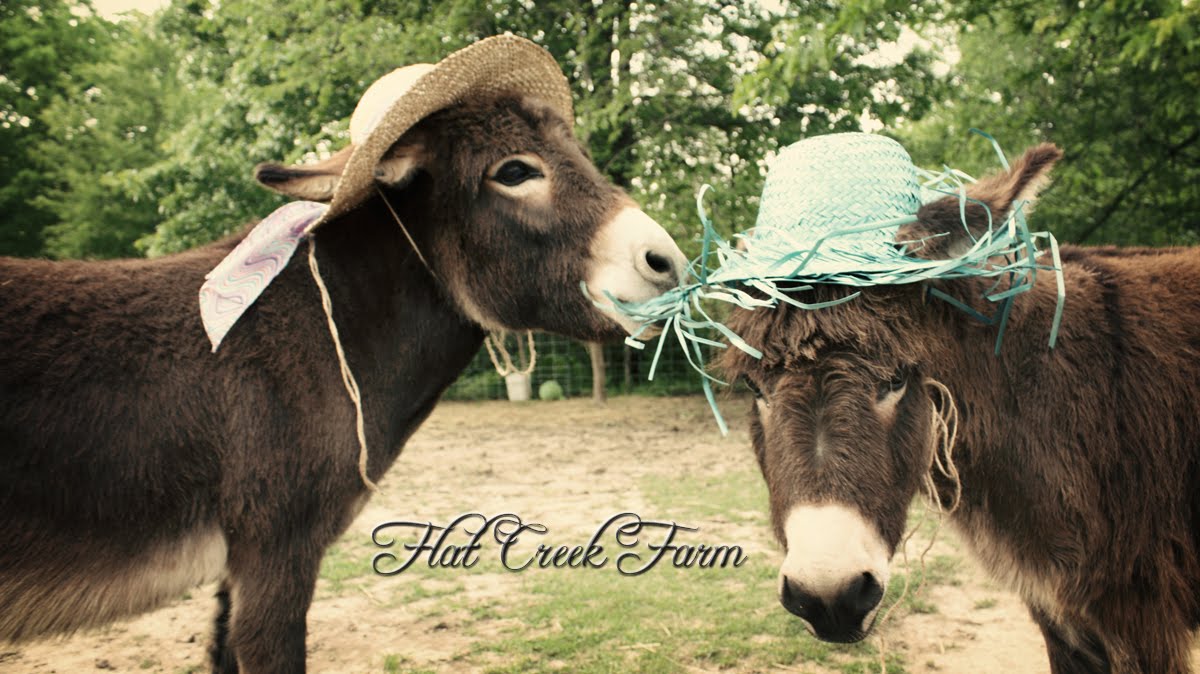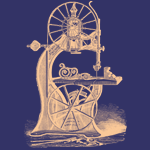
Wednesday, December 31, 2014
2014: The Year in Pictures

Wednesday, December 17, 2014
Tuesday, December 16, 2014
Trumpeter Swans for Christmas
We are blessed to see these beauties at least once a week. I consider it a wonderful Christmas gift :)
They had moved a bit, so we were able to get a little bit closer. Please see this recent post for lots of info on Trumpeter Swans!
I’ll close with this video. I apologize for the shakiness.. super zoom is great but makes for a little instability.
Trumpeter Swans at Rest in Cut Cornfield
Linking to Wild Bird Wednesday: Check out Wild Bird Wednesday for beautiful wild birds around the world!
Have a wonderful remainder of your week.
Friday, December 5, 2014
An Eagle and Trumpeter Swans
Mr. W is the Eagle Eye.. he spots some great photo ops for me on our road trips (sadly, I don’t always capture them the way I like). Thanks to Mr. Eagle Eye, we have been fortunate enough to observe a nice flock of Trumpeter Swans along our regular route for the past few weeks. At first, Mr. W remarked, “hey, some snow geese.” However, after I took the zoomed but blurry pics I realized they looked far too graceful to be snow geese. Trumpeter Swans they are! We have been back through that route several times since that first day. Today I was able to capture some non-blurry shots. Yay! I’ll make you wait to the end of this post for that though.
We spotted a bald eagle today also. Such a majestic and glorious bird!
I have included a little info from Missouri Department of Conservation on Trumpeter Swans in Missouri below. Also, I reported our sightings to the conservation department, but haven’t heard back if they have actually investigated “our” local flock or not.
“Family: Anatidae (ducks, geese, swans) in the order Anseriformes
Description: An all-white swan with a wingspan of nearly 8 feet. They fly with their extraordinarily long necks outstretched. Distinguished from tundra swan by its straight upper bill and the broad base of the bill against the eye, making the eye appear as part of the bill from a distance. Voice is a low trumpetlike sound; that of the young is higher and more nasal.
Size: Length: 60 inches (tip of bill to tip of tail).
Habitat and conservation: Formerly a common migrant statewide and summer resident in northern Missouri. Currently, individuals and family groups winter in Missouri, foraging in shallow water. Some birds may be from the wild population of the Nebraska Sandhills, but most are from captive breeding programs. If you see trumpeter swans with neck collars, use your binoculars to see the color and numbers of the collar, and report them to the Missouri Department of Conservation.
Foods: Trumpeter swans forage in shallow water on aquatic vegetation, roots, seeds, and insects.
Distribution in Missouri: Statewide.
Status: Rare winter resident at marshes, lakes, and rivers; formerly a common migrant statewide and summer resident in northern Missouri. A Species of Conservation Concern, it is considered critically imperiled in our state.
Life cycle: Trumpeter swans breed usually in freshwater habitats with dense emergent vegetation, as in inland waters and ponds. Nests are constructed of emergent vegetation and feathers, on the ground surrounded with water. Four to 6 eggs are laid; these are incubated for 33–37 days, and the young fledge in 91–119. Breeding in Missouri is extremely rare but may become more common in the future.
Human connections: There are only about 5,000 trumpeter swans in the Midwest, and they are considered extirpated from our state. Hunters who shoot trumpeter swans risk thousands of dollars in fines and possible jail. If you’re hunting snow geese, make sure you can distinguish between them and trumpeter swans!
Ecosystem connections:
Swans, geese, and other aquatic grazers are important components of wetland, pond, and lake ecosystems, pruning the steadily growing vegetation and insect populations. In turn, these birds, especially their vulnerable eggs and young, provide food for carnivores.”
As you will see from the excerpt above, they are still considered imperiled and extirpated from our State. It warms my heart to see so many healthy Trumpeters in one flock! Also, my favorite book as a 10 or 11 year old girl was The Trumpet of the Swan by E. B. White. I’ve always been a bit partial to geese and swans. This has definitely been a highlight of my 2014 to say the least. They are incredibly beautiful and graceful birds.
Enjoy your weekend! Hope you can get out there and enjoy some nature in your neck of the woods!































































































